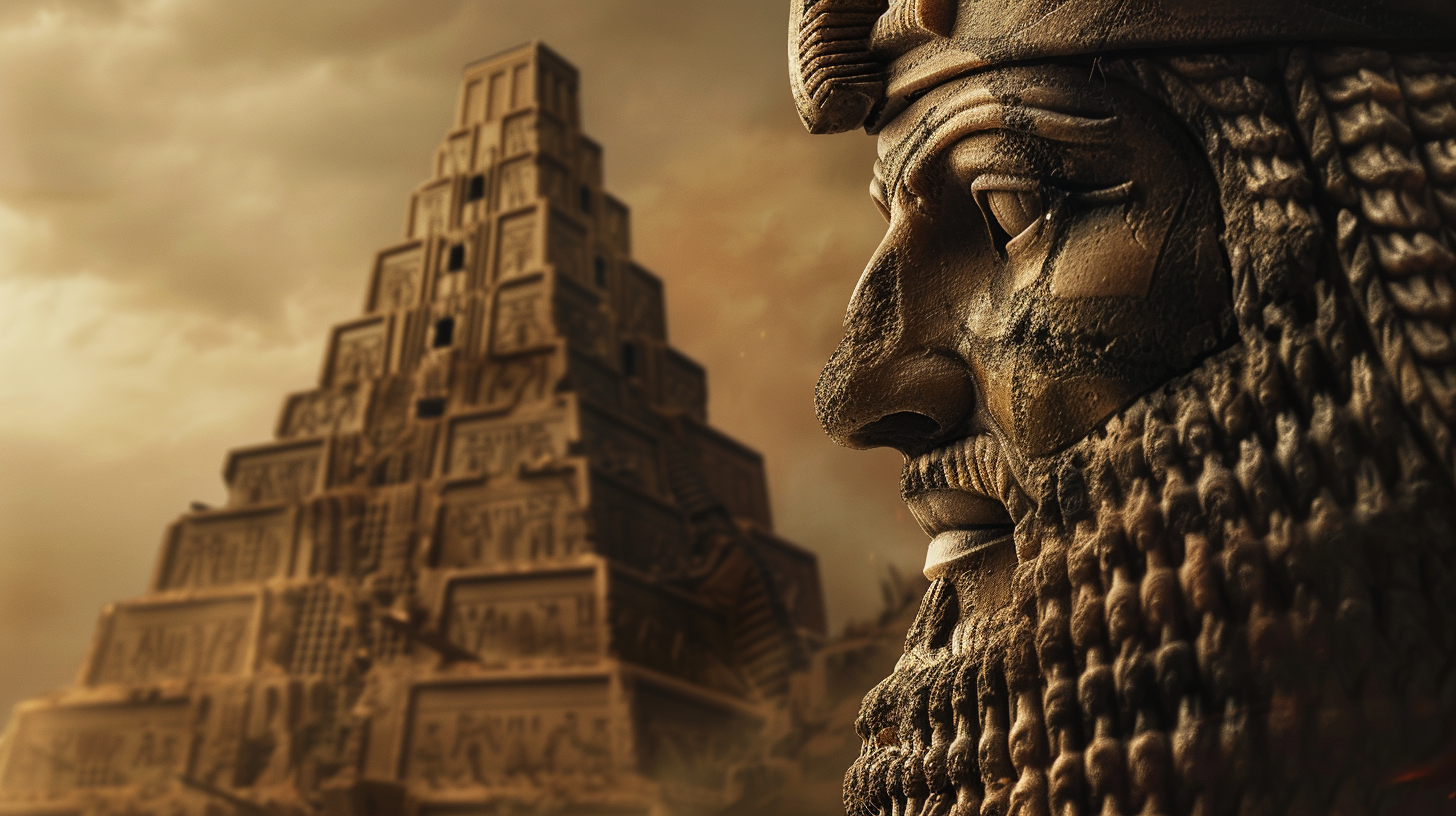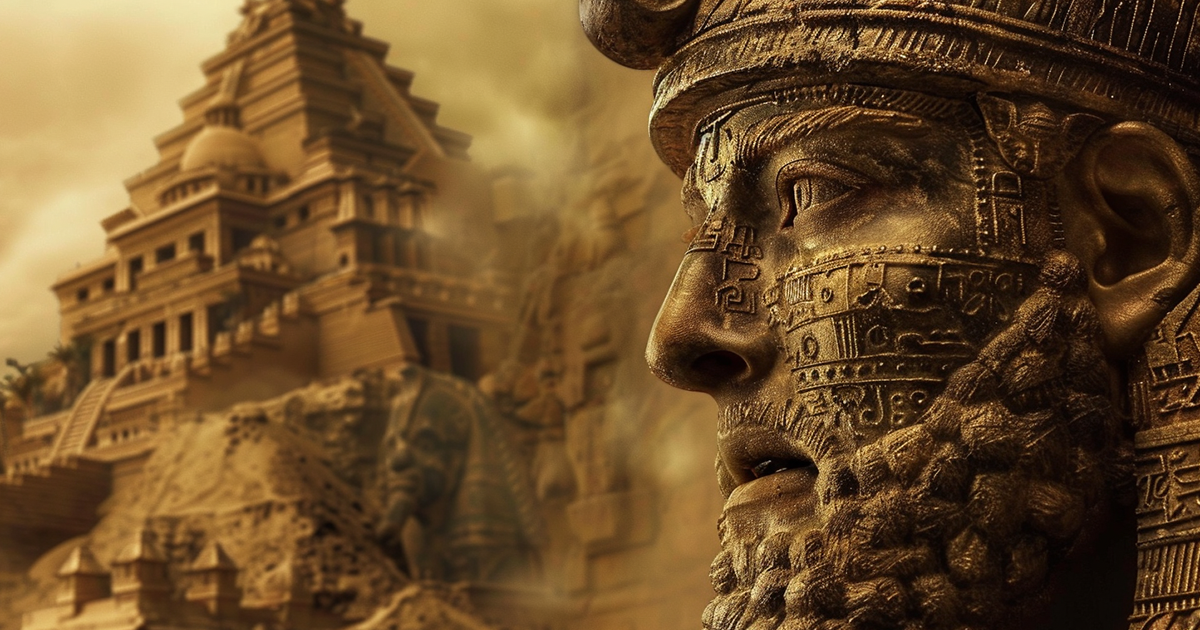In the depths of ages past, hidden beneath layers of legend and spoken tales, unfolds a story both deep and mysterious. From the whispers of forgotten societies and echoes of heavenly dreams arises the grand endeavor of Marduk – a tale more intricate than old scripts suggest. Today, we venture through the halls of time to reveal the essence of Marduk’s Tower of Babel.
In an era before powerful empires and the division of tongues, a realm existed where mankind communicated as one, united by a common goal and shared dream. In this age, the inhabitants of Shinar embarked on a mission to defy the heavens, constructing a monument to embody their collective strength and identity. Beneath the seemingly simple plot lies a fabric woven with divine schemes and celestial clashes.
At the heart of this narrative stands Marduk, a deity compelled by monumental ambitions and limitless aspiration. His vision reached beyond mortal boundaries, yearning for the realms of the heavenly. Through historical records, we glimpse Marduk’s daring endeavor to establish his rule, building a tower meant as a pathway to the skies – a bold act of rebellion against the gods, reshaping reality itself.

Yet, Marduk’s ambitions faced opposition. Amidst the divine gathering, rivalries simmered, and alliances were forged in the furnace of celestial politics. Enlil, the celestial bull, emerged as a staunch custodian of tradition, while Marduk’s ambitions endangered the fragile power balance. When the gods convened to decide humanity’s fate, a conflict erupted, resonating through the halls of time.
As the chaos subsided and the reverberations of divine fury faded, Marduk’s tower lay in ruins – a monument of divine arrogance and mortal perseverance. Nonetheless, the reverberations of this cosmic clash extended far beyond the ancient lands of Mesopotamia. From the shores of Egypt to the peaks of Lebanon, Marduk’s misstep altered the course of history, leaving a lasting imprint on human civilization.
At its essence, the significance of the Tower of Babel goes beyond folklore and myth, serving as a poignant reminder of humanity’s ceaseless quest for purpose and importance, illustrating the eternal struggle between ambition and humility, gods, and mortals. Delving into antiquity, we remember that within every legend lies a truth awaiting discovery.
Therefore, as we gaze upon the fragmented remnants of Marduk’s tower, let us not only see it as a symbol of human frailty but as a testament to humanity’s limitless potential – a spirit that endures in its pursuit of the celestial realms, even in the face of divine opposition.
